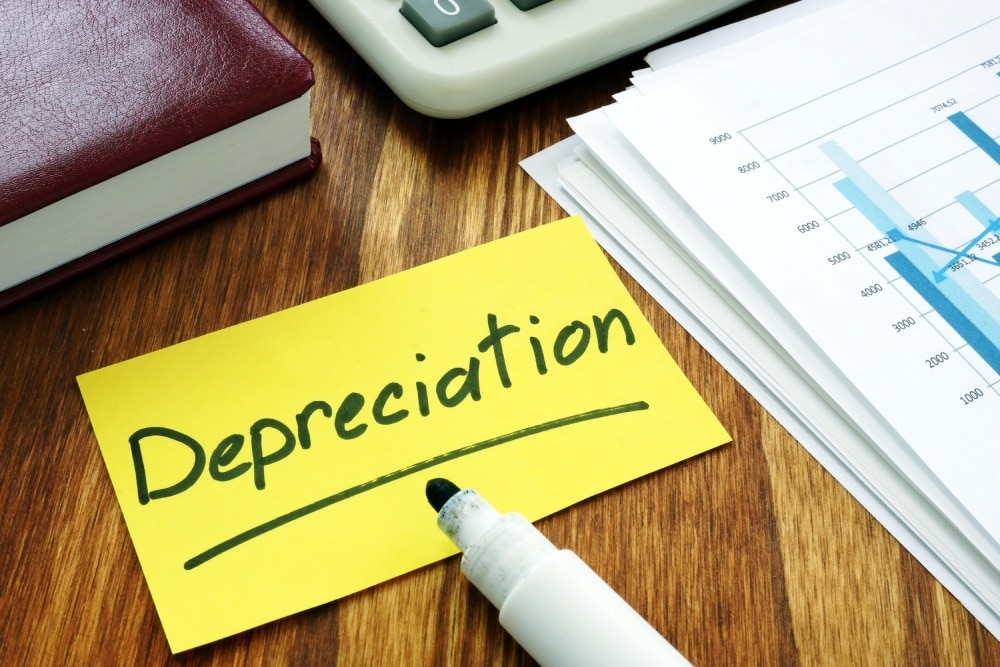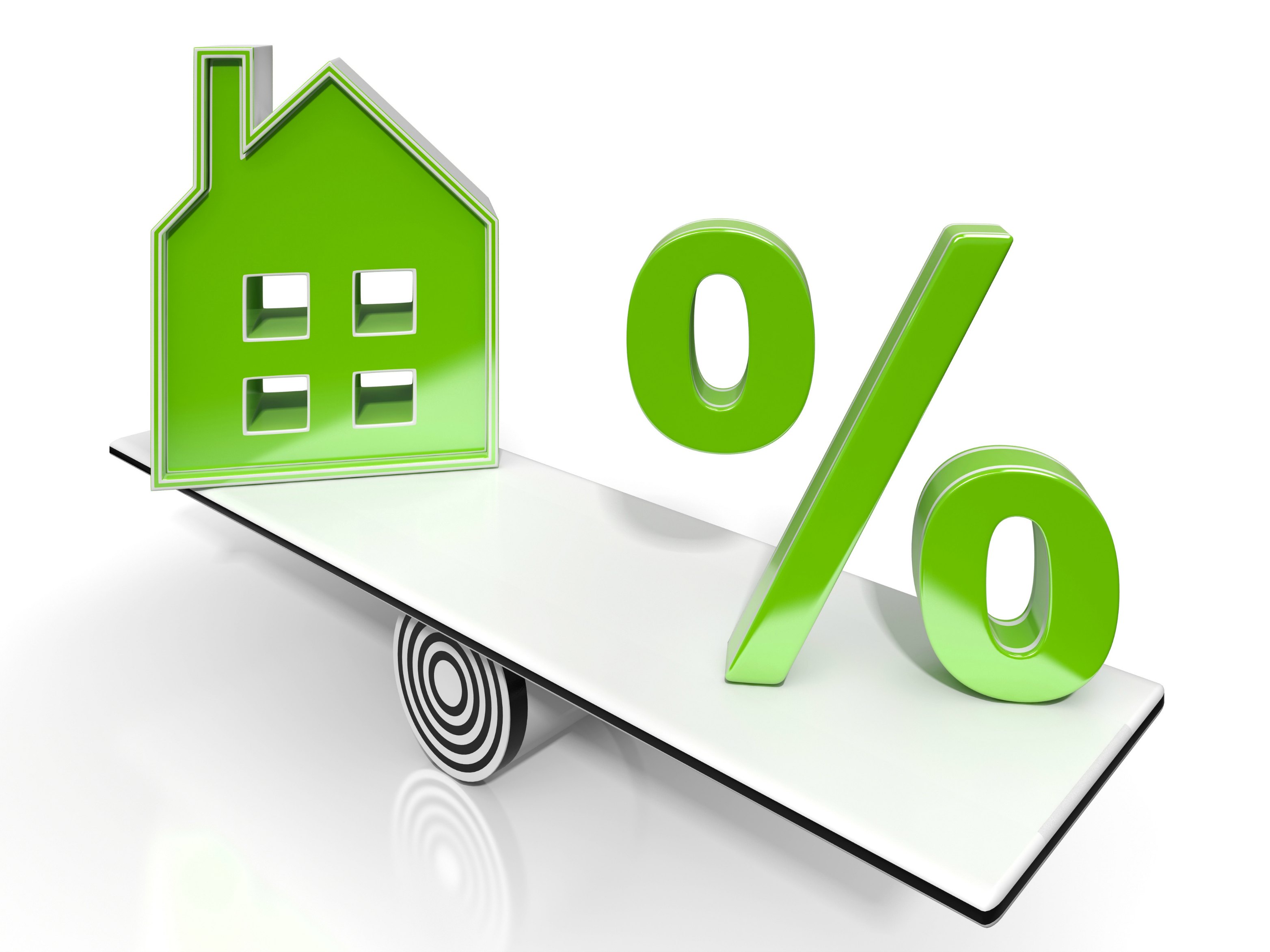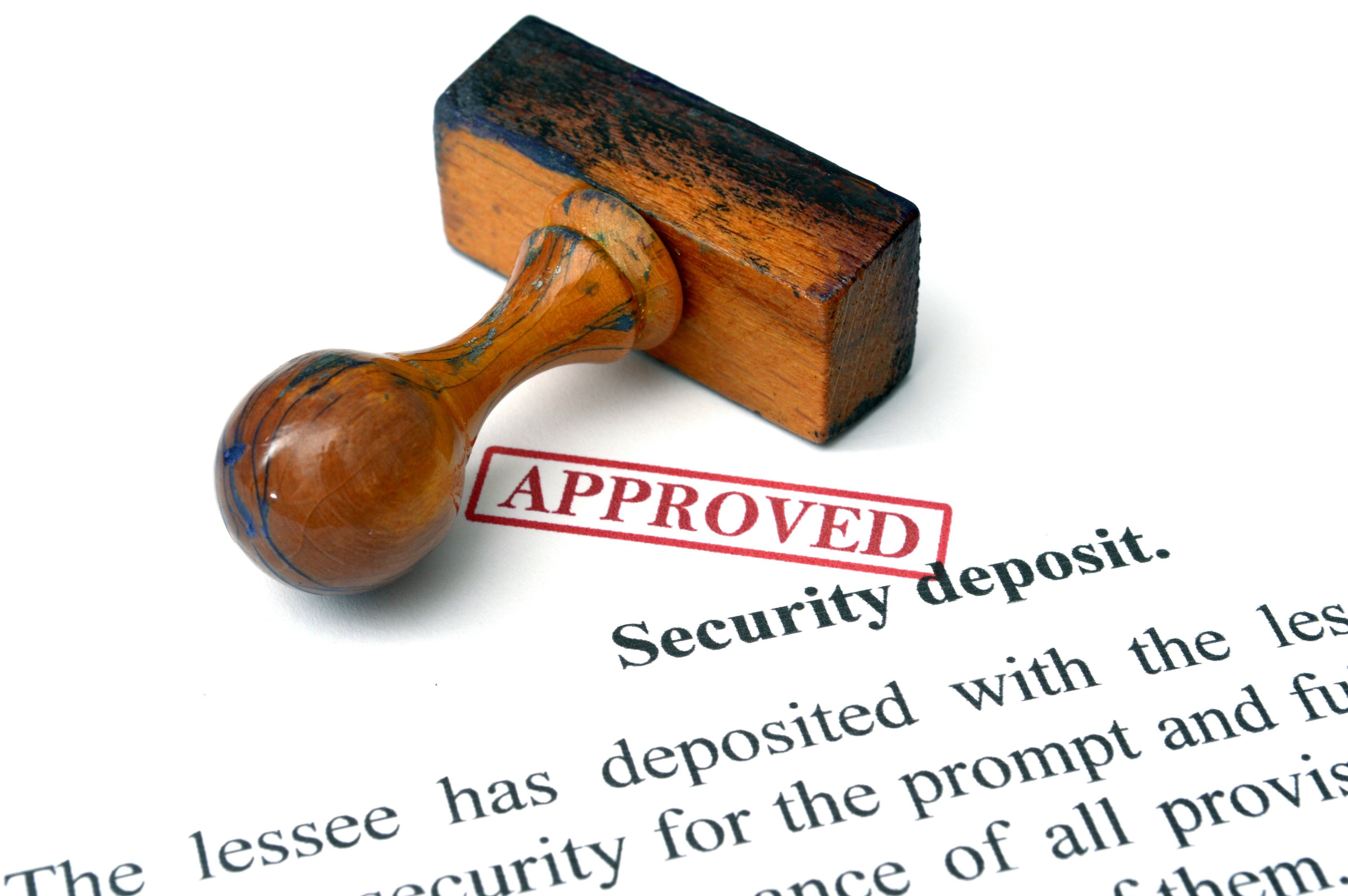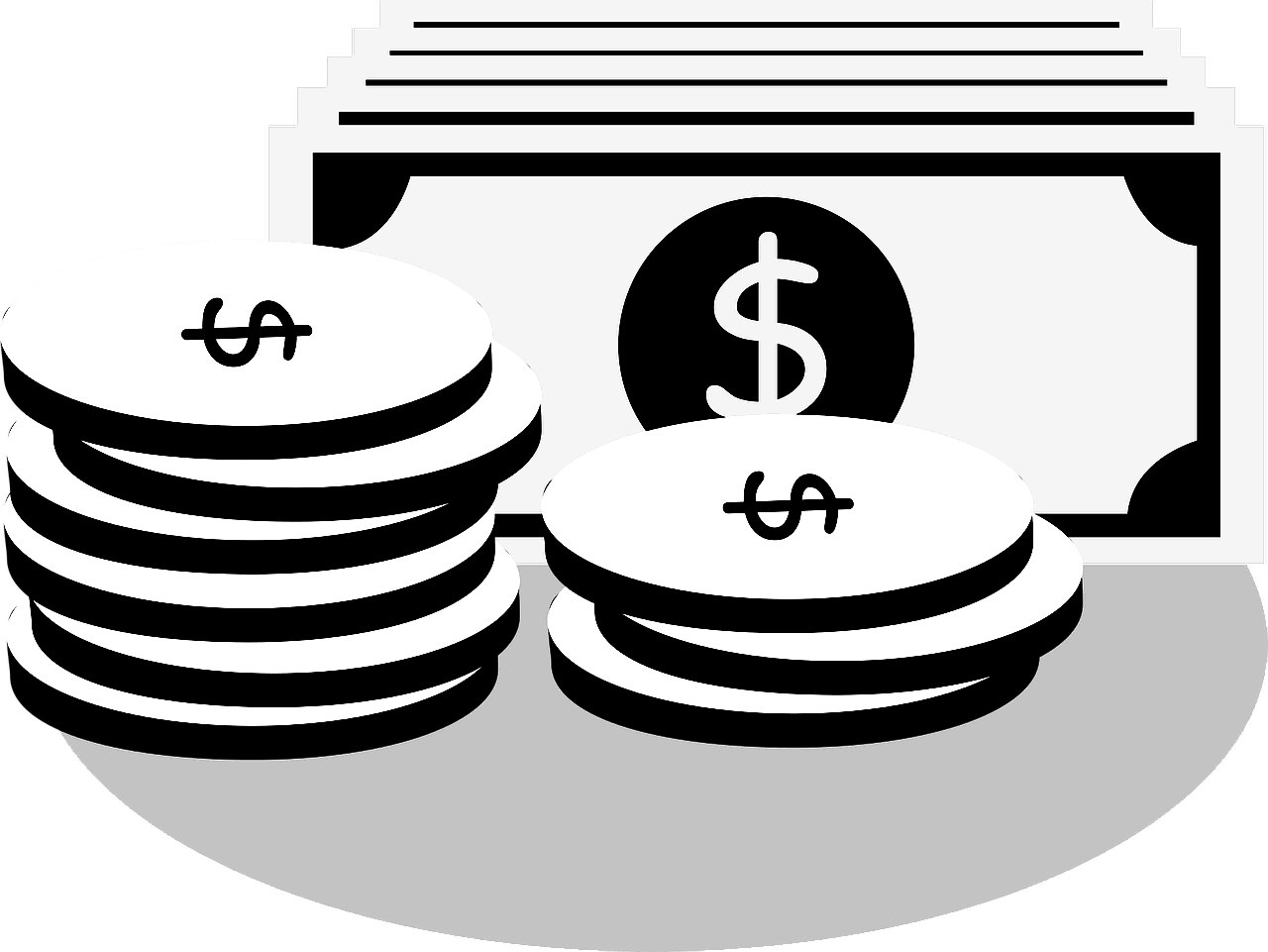
A Property Investor’s Guide To Depreciation
Every smart property investor knows that to create and maintain a portfolio, we need to have good cash flow. One of the ways we can support this is by using depreciation and tax.
But, just like equity, depreciation only works for us if we know how to access and then leverage it.
Like all things tax, depreciation can be a tricky concept to grasp. But, once you get your head around it, depreciation can make a significant impact on the quality of your cash flow.
WHAT IS DEPRECIATION?
In terms of property investment, when we talk about depreciation, we are talking about a reduction in the value of an asset ie how much it is worth now, vs what it was worth when you bought it.
For investors depreciation does not simply account for a reduction in property value, but can also be used against fixtures, fittings, furniture and other items pertaining to the property.
WHY IS DEPRECIATION IMPORTANT FOR PROPERTY INVESTORS?
While adding up how much you’ve “lost” in value of an asset sounds like a bad thing, when it comes to depreciation, it’s the opposite.
The markdown of assets does not mean you have lost that amount of cash, or that the item is less useful. Simply put, it is that the item is simply valued as less on paper.
An example might be a carpet that was worth, on paper, $3000, and 12 months later it’s now worth $2500. That’s a negative loss of $500 on paper, which you can claim in tax.
WHAT CAN INVESTORS CLAIM DEPRECIATION TAX ON?
- Structural buildings
- Any items permanently fixed to the property
- Equipment including ovens, dishwashers, etc
- Fittings including blinds, carpets, ceiling fans etc
…and thousands of more items!
WHEN TO CLAIM DEPRECIATION TAX?
If you are paying tax in small, regular increments, you should also be claiming your deductions as you go via a PAYG variation.
Why wait a whole year to claim cash that belongs to you, when you can claim at regular times and use that cash to bump up your cash flow?
Any good accountant should be able to find out if you are eligible for this and set it up for you. Or talk to the experts at Positive Real Estate who can walk you through the process.
GET INVESTOR SAVVY
Using depreciation as a way to help with cashflow is just one of the strategies you can use as an investor, but there are many MANY more.
You only know what you know so why not learn more at one of our free property investing seminars.
Here you’ll learn many of the tactics great investors use to grow a budding portfolio and create long-lasting wealth well into retirement.
Book your spot now and find out what you need to know about the current market landscape and how you can make it work for the ultimate wealth creation opportunities.
Recent Articles
You’ve Checked Your List…But Have You Checked it Twice?
Are you one of those early shoppers who has already bought gifts, wrapped them and tucked them away until the celebrations begin? Or are you waiting until the last minute, intent on getting the best possible gift at the best…
Positively Geared Investment Properties vs Positive Cash Flow Properties
Positive cash flow or positively geared investment properties...what is the difference and is one...
10 Ways to Save a Deposit
Getting a foot into the market is a tough step for anyone trying to buy an investment property....
4 Reasons Why Your Investment Portfolio is Underperforming
Life can get busy. We’re so involved in our work, our families...day to day life, actually...that...
Why You’re Not Multi-Tasking…and What You Should Do Instead
You could be self-sabotaging your wealth creation efforts without even realising it! How? By doing...
Investing in Houses: 4 Questions You Should Ask Yourself
While nobody said investing in houses is easy, it is definitely worth the effort. After...
7 Property Research Questions You Need to Ask
What strategies do you use when searching for an investment property? If you’re investing...
5 Reasons You’re Leaving Money on the Table
Investing in houses requires a multitude of skills: You need to know what to look for and where to...
10 things most beginner investors don’t know
Through the years I’ve noticed that many new property investors make the same mistakes when...












